Michael Haneke is one of the most significant filmmakers working in Europe moment, with flicks similar as Funny Games( 1997), The Piano schoolteacher( 2001), Caché( 2005), The White Ribbon( 2009), Amour( 2012), Happy End( 2017), and others. Having started out as a dramaturge and film critic, this Austrian regisseur did not make his point film debut until the age of 47. It was 1989’s nipping drama The Seventh Continent. Since also, Haneke has been defying boundaries, exploring the darker recesses of the mortal psyche.
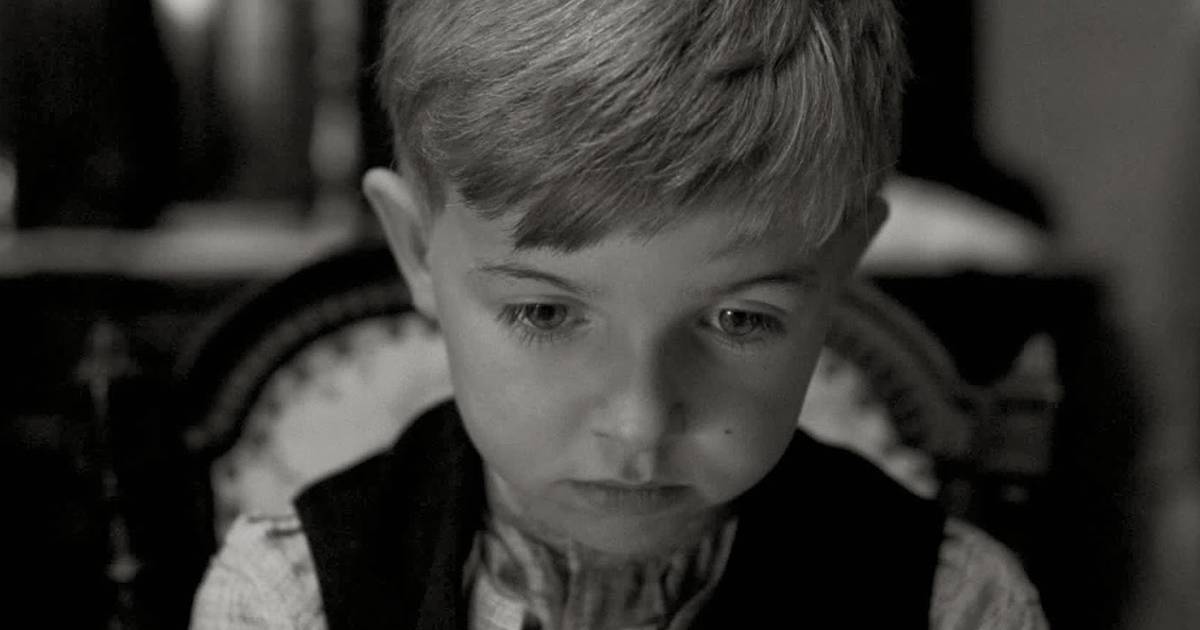
An frequently controversial filmmaker with two Palmed’Or awards( for The White Ribbon and Amour) and the Academy Award for Best International Feature Film( for Amour), Haneke has said
My flicks are intended as polemical statements against the American” barrel down” cinema and its dis- commission of the onlooker. They’re an appeal for a cinema of pertinacious questions rather of false( because too quick) answers, for clarifying distance in place of violating closeness, for provocation and dialogue rather of consumption and agreement.
Let’s look at some of his stylish pictures, ranked.
7. The Piano Teacher
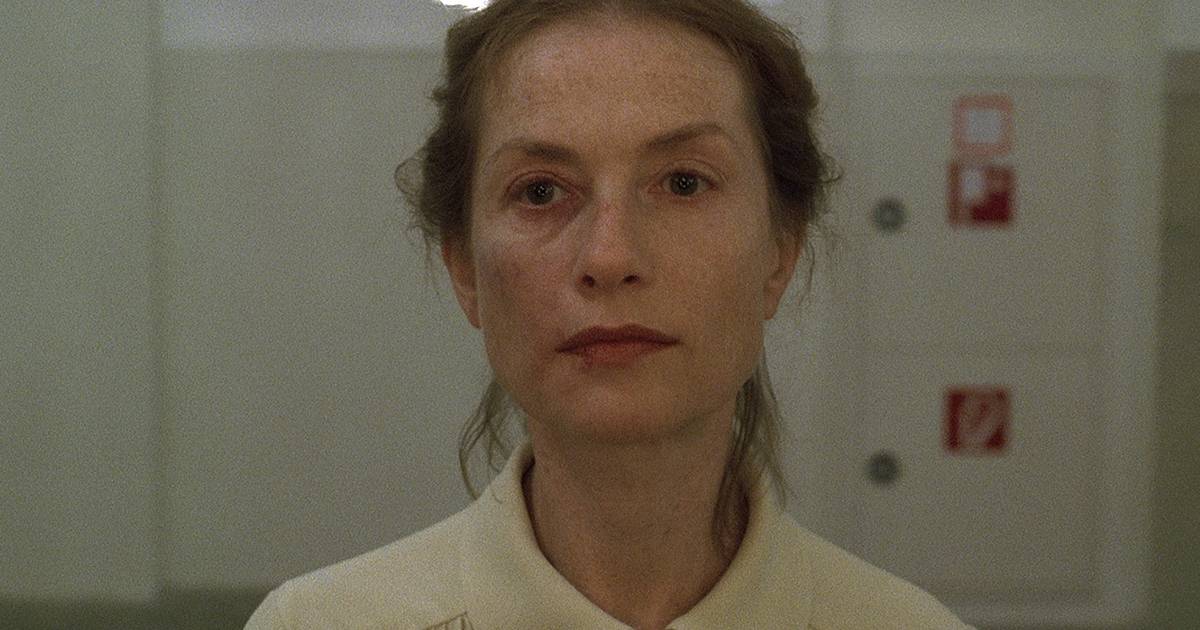
Grounded on the novel by Austrian Nobel Prize winner Elfriede Jelinek, the 2001 psychosexual drama The Piano schoolteacher follows an alienated middle-aged piano professor Erika( Isabelle Huppert), who starts a sadomasochistic affair with her youthful pupil Walter( Benoît Magimel). In The Piano schoolteacher, Haneke smashes all being morals and explores the violence of desire. The controversial film redounded in the Grand Prix at the Cannes Film Festival and top acting awards for Huppert and Magimel.
6. The Seventh Continent
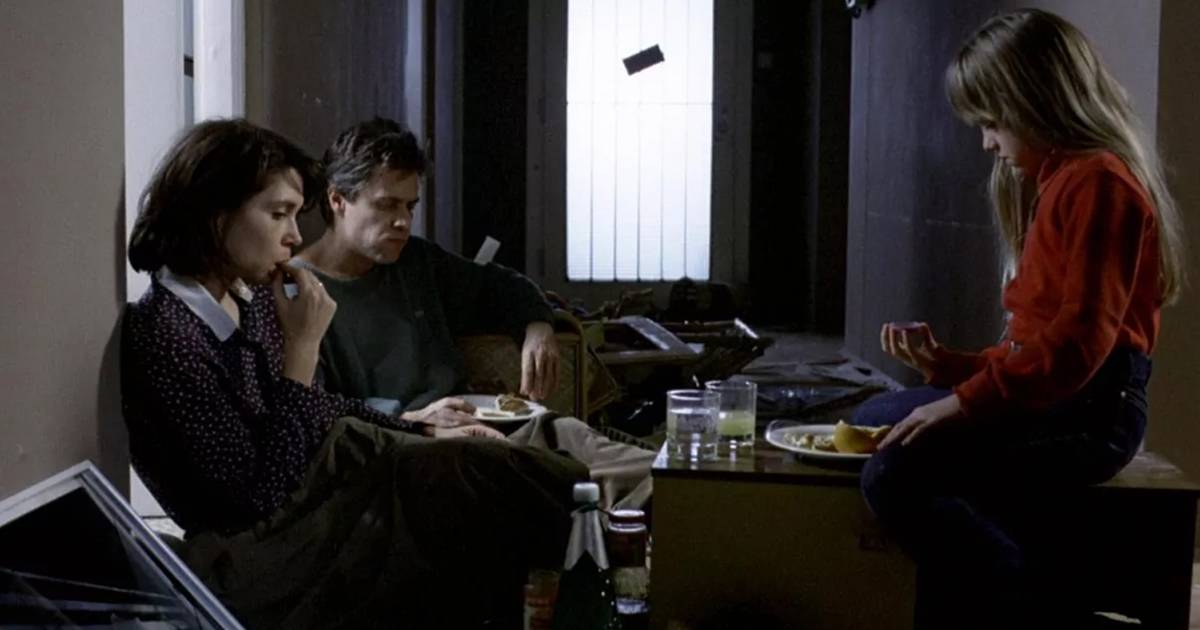
Haneke’s mature and confident point debut, 1989’s The Seventh mainland, formerly introduces themes of disaffection and violence that would come a hallmark of his posterior pictures. It’s the first film in Haneke’s” emotional glaciation” trio( followed by 1992’s Benny’s videotape, in which a boy obsessed with violent flicks commits terrible acts, and 1994’s 71 fractions of a report of Chance, in which split stories shows an terrain of suppressed imminence).
Chicago Tribune described The Seventh mainland as” a calm chronicle of hell,” and it truly is one of the most patiently ruinous and brutal flicks ever made. This laggardly- burn drama follows an average Austrian middle- class family who has minatory plans. Haneke observes the domestic tragedy from a distance without furnishing a cerebral explanation for his characters ’ conduct, which makes us uncomfortable and disturbed.
5. Caché
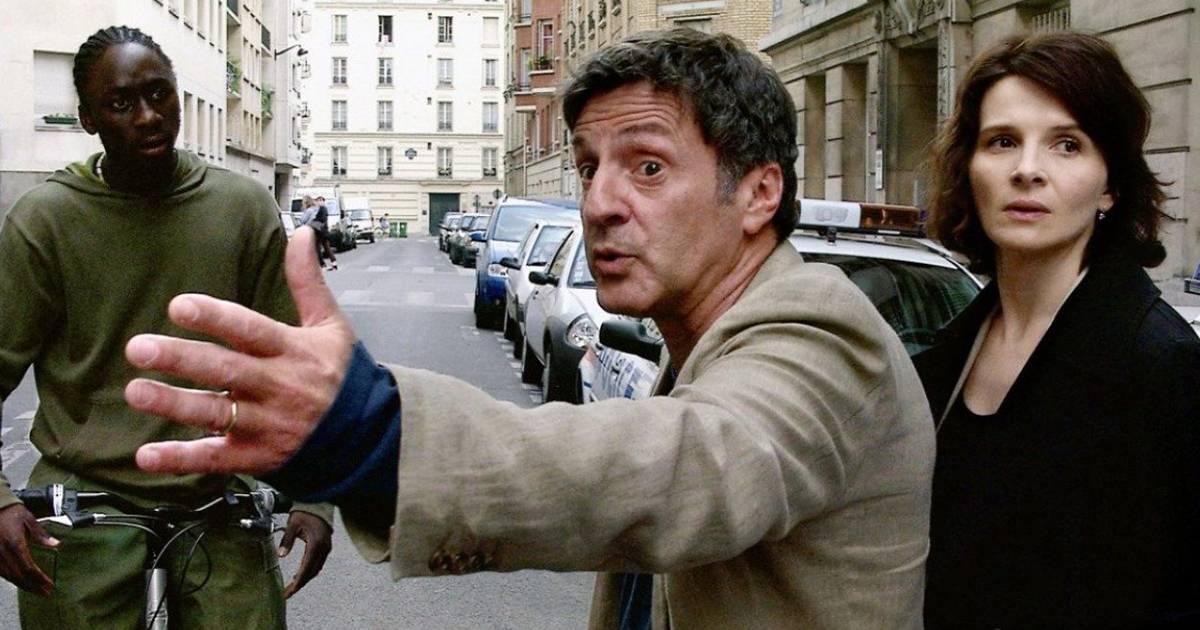
For the 2005 cerebral suspenser Caché, also known as Hidden, Haneke won the Stylish Director Award at the Cannes Film Festival. At the heart of Caché is the question of how guilt is dealt with. In the film, paranoia grips a typical well- to- do Parisian family, Anne and Georges( played by Juliette Binoche and Daniel Auteuil), who start entering tapes showing their diurnal life. The videotapes lead the couple to track down a implicit snooper, the Algerian from Georges’ history. Caché mixes Hitchcockian pressure and an fable about collaborative guilt, pointing out colonialism and France’s Algerian War.
4. Happy End
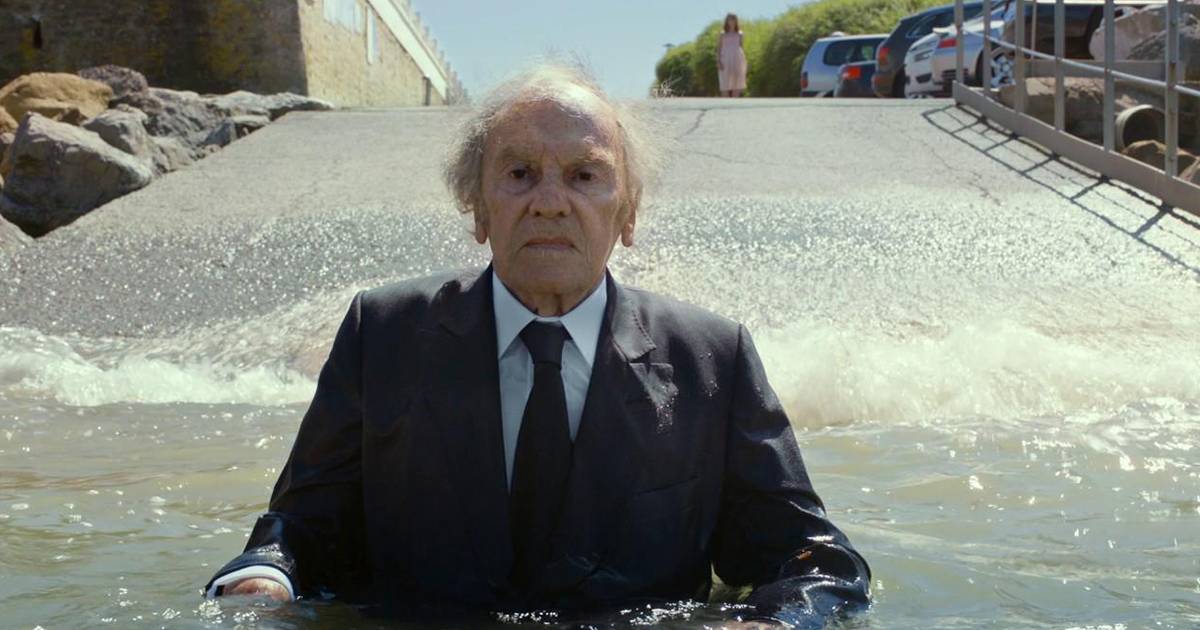
Haneke’s rearmost work, the 2017 drama Happy End, is a grim examination of the ultramodern world through the lens of the singularly unhappy Laurent family. Like in the filmmaker’s Amour, Jean- Louis Trintignant and Isabelle Huppert play unexpectedly analogous places of father and son then – but there’s nearly no love in pessimistic Happy End. Trintignant’s character, 84- time-old Georges, looks for a way to kill himself, Huppert’s Anne has problems with the family construction business, and Georges ’ 13- time-old granddaughter Eve( Fantine Harduin) might have poisoned her mama . There’s no happy ending for that malcontent privileged family.
3. Funny Games
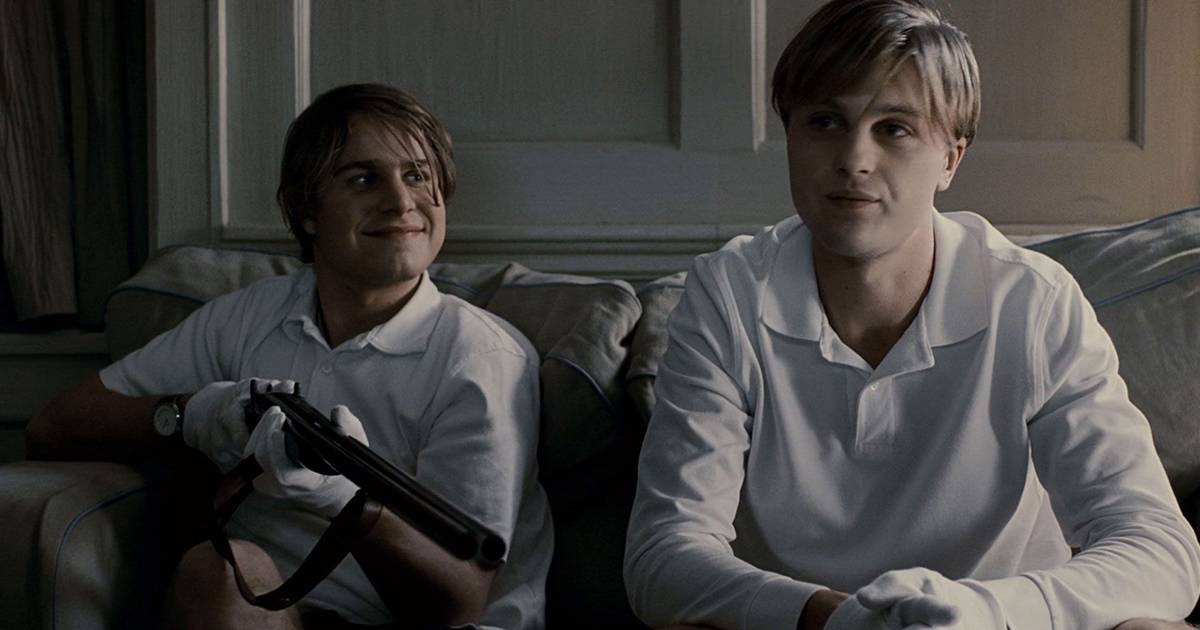
A cerebral home irruption suspenser, 1997’s Funny Games follows two psychotic youthful men, Peter and Paul( played by Frank Giering and Arno Frisch), who take an innocent family hostage and subdue them to terrible abuse in their idyllic summer home. One of the most disturbing and nihilistic pictures ever made, Funny Games wanted to denounce violence – but, as The New York Times wrote, numerous observers saw Haneke’s radical film as” a sophisticated act of cinematic truculence.”
In 2007, the filmmaker made an American shot- for- shot remake of the same title. 2007’s Funny Games stars Michael Pitt and Brady Corbet as two sickies dressed in white, and Naomi Watts and Tim Roth as a well- to- do couple tortured by Pitt’s and Corbet’s characters. His only English- language film, it might be Haneke’s most applicable work yet, as he so frequently reviews American cinema but in a way that’s frequently left unseen by American cult.
2. The White Ribbon
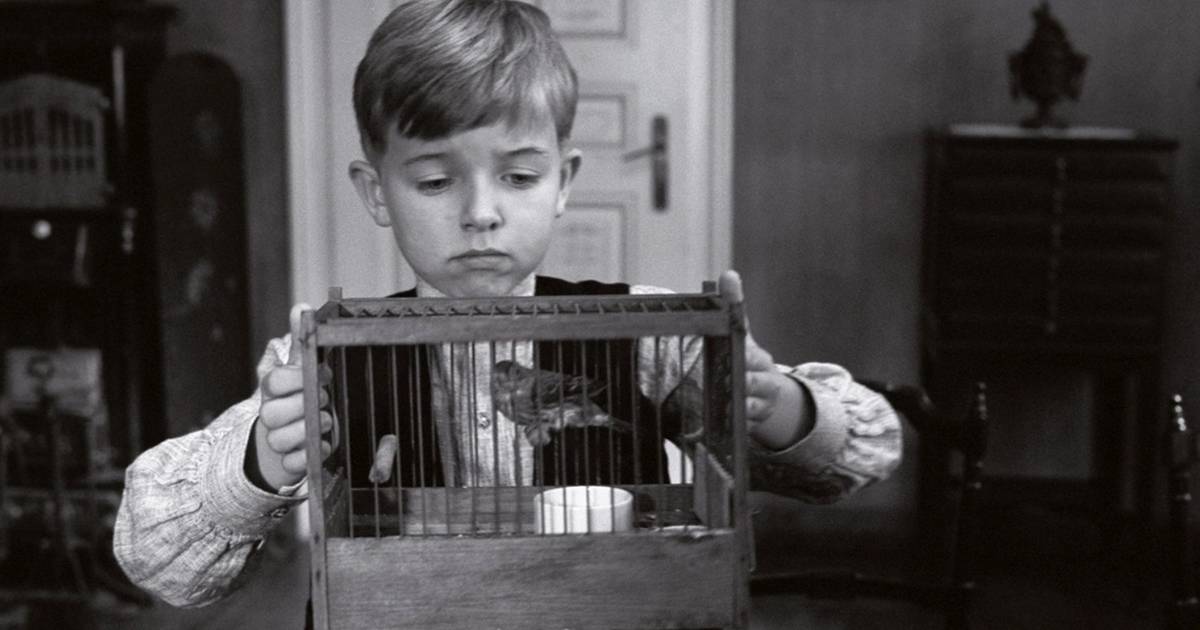
With his first of two Palme d’Or winners, 2009’s black- and-white drama The White Ribbon, Haneke is looking for the root of wrong, taking us to a quiet but restrained German vill just before World WarI.” My main end was to look at a group of children who are inculcated with values converted into an absolute and how they internalizethem.However, be it political or religious, to the status of an absolute, If we raise a principle or ideal. A mysterious contemplation on climates of violence where Nazism was born, The White Ribbon is a ultramodern classic that will stand the test of time.
1. Amour
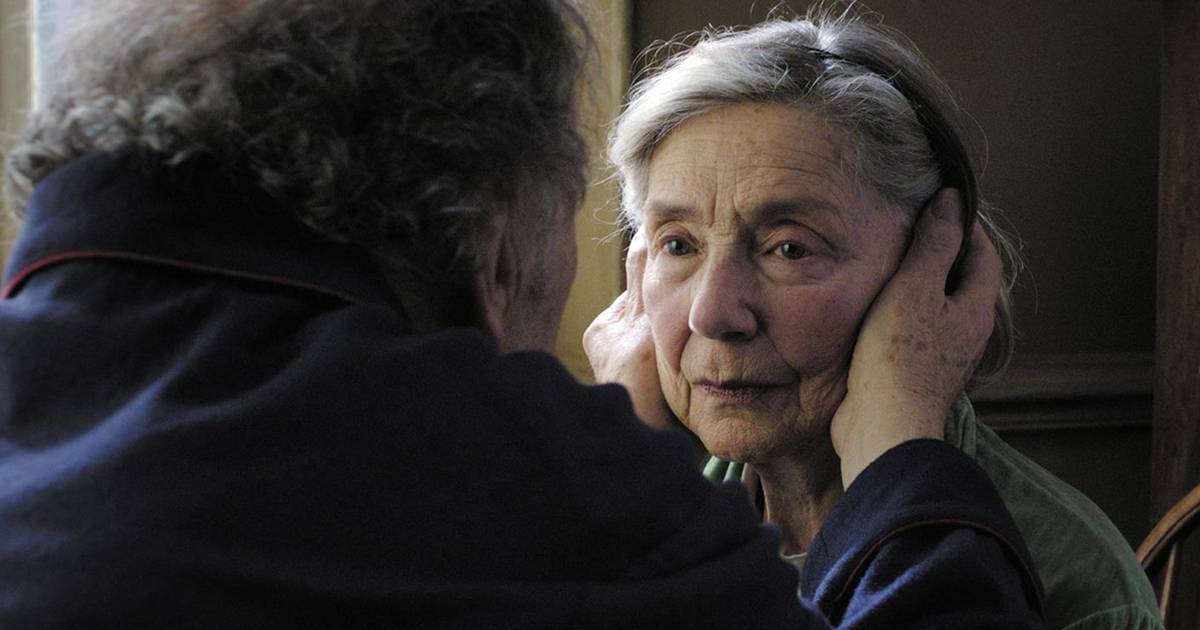
One of the most heartbreaking flicks ever, Haneke’s alternate Palme d’Or winner and his first Oscar winner, 2012’s Amour, is a masterpiece about love, death, and everything in between. The filmmaker’s most mortal picture follows a French couple in their eighties, bedridden Anne and her hubby Georges( a brilliant combination of Emmanuelle Riva and Jean- Louis Trintignant). Poignant performances by elephants of French cinema make the film dateless.
